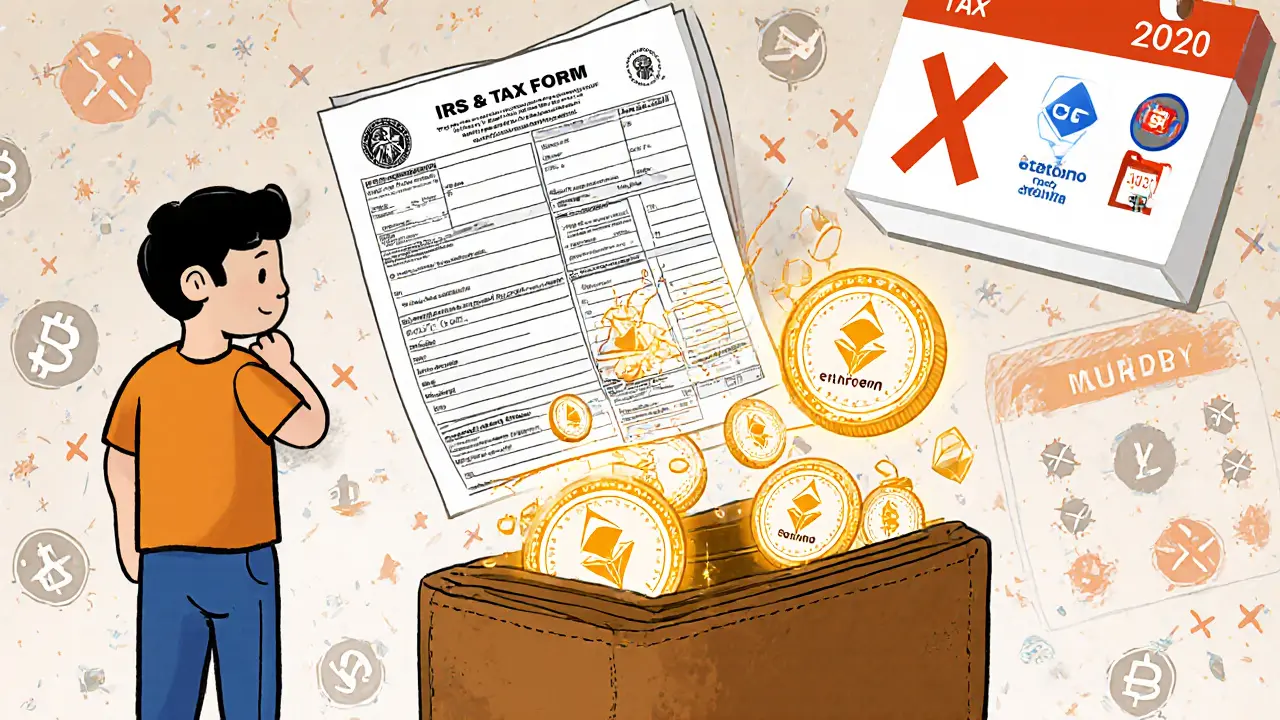Staking Rewards Tax: What You Owe and How to Report It
When you earn staking rewards, crypto earnings you get for locking up your coins to support a blockchain network. Also known as proof-of-stake income, it's not a gift—it's taxable income the moment you receive it. The IRS treats staking rewards like wages or interest: you owe taxes on their fair market value in USD at the time they hit your wallet. No waiting for a sale. No exceptions. Even if you don’t sell, you still owe tax on what you earned.
That’s why so many crypto holders get caught off guard. They think if they didn’t cash out, they didn’t make money. But the IRS doesn’t care about your intent—it cares about the value when you got the tokens. If you staked 1 ETH and got 0.02 ETH in rewards when ETH was $3,000, you just earned $60 in taxable income. That $60 becomes your cost basis for those rewards. If you later sell them for $80, you owe capital gains on the $20 profit. It’s a two-step tax event: income tax on receipt, capital gains tax on sale. Many people forget the second part and end up with a surprise bill.
Tracking this isn’t hard, but it takes effort. You need a record of every staking reward: date, amount, and USD value at receipt. Tools like Koinly or CoinTracker help, but you can also do it manually with a spreadsheet. The key is consistency. Don’t wait until April to start. Most people who get audited for crypto taxes do so because their records are messy or missing. The IRS has access to exchange data—don’t assume you’re invisible.
And it’s not just about the U.S. Countries like Canada, the UK, and Australia also tax staking rewards as income. If you’re a global crypto user, you’re not off the hook. Even if you live in a country with no crypto tax rules today, that could change tomorrow. The trend is clear: governments are getting better at tracking blockchain activity. Staking isn’t going away—it’s growing. And so are the audits.
What you’ll find below are real, no-fluff guides from people who’ve been through it. Some explain how to report staking rewards on Form 1040. Others show how to handle multiple wallets or DeFi platforms. A few warn about scams that pretend to "fix" your crypto taxes. There’s no magic trick. Just clear steps, honest risks, and what actually works when the IRS comes knocking.
